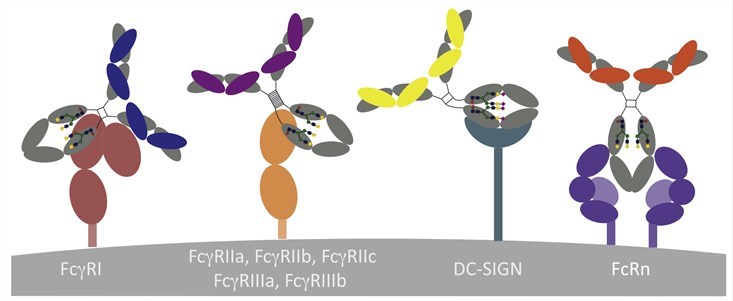
Nitric Oxide in IgA Synthesis
It has been discovered that NO actively engages in the IgA production pathways that are T... View more

It has been discovered that NO actively engages in the IgA production pathways that are T... View more